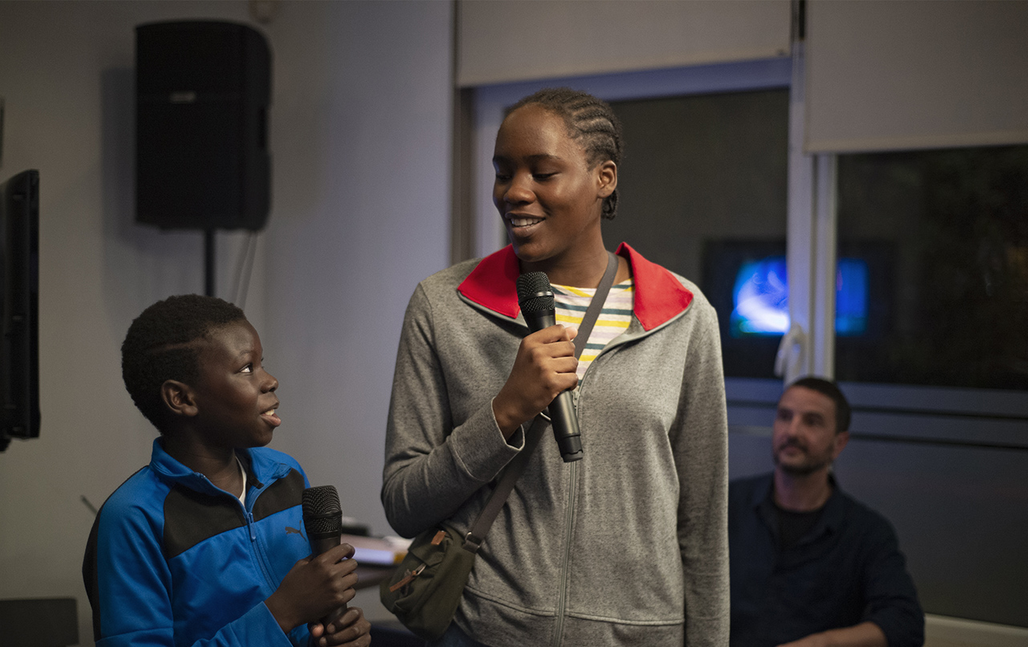
Tori and Lokita, immigration and togetherness

Two-time winners of the Palme d'or with Rosetta in 1999 and L’enfant in 2005, Best Screenplay Award for Le Silence de Lorna (Lorna's Silence) in 2008, Grand Prix winner with Le Gamin au Vélo (The Kid with a Bike) in 2011, Best Director Award for Le Jeune Ahmed (Young Ahmed) in 2019, Jean-Pierre and Luc Dardenne, the brothers who have won multiple awards at Cannes, are back In Competition again this year for the ninth time with Tori et Lokita (Tori and Lokita). Their twelfth feature film examines the difficulties of immigration from the perspective of a true friendship. Key themes for this tireless duo.
Forced immigration and the torments of exile: from the exploitation of undocumented workers in The Promise (La Promesse) (1996) to the consequences of the marriage of convenience entered into by the Albanian Lorna in Lorna's Silence (Le Silence de Lorna), these major social issues are tirelessly investigated by these two Walloons. Here they give pride of place to two young exiles, aged 12 and 16, from Sub-Saharan Africa, portrayed by Pablo Schils and Joely Mbundu.
Tori et Lokita (Tori and Lokita) is first and foremost the story of a friendship, that of a boy and a teenage girl, united when faced with the difficult conditions that their new life in Belgium presents them. The brothers, who also write their films, have the habit of examining society through the lens of childhood and adolescence (The Kid with a Bike (Le Gamin au vélo), Young Ahmed (Le Jeune Ahmed)), forcefully focusing on the singularity of each person filmed. We can see this clearly with the main character in Le Fils, a psychological drama about vengeance and redemption, driven by an adolescent who shatters the life of a father and teacher.
Allowing those who are unseen to be visible, something which has never been available to them, is the priority of the Dardenne brothers, who deplore how little things have changed since Rosetta: "The humiliation felt by those who are excluded from work and, more simply, the human community, is still there."


